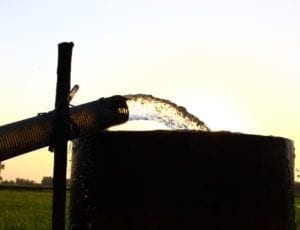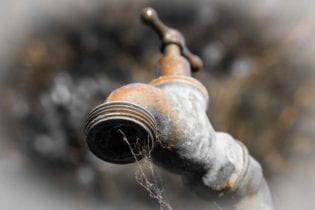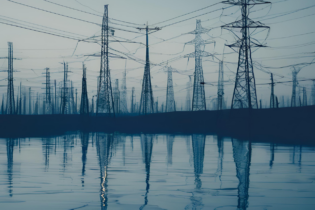Coal mines have polluted 90% of groundwater in the Highveld region in Mpumalanga alone.
The Department of Water and Sanitation has thus reiterated its call to coal mines in to stop polluting water resources, especially in the Highveld, or face the consequences. “This is a gross violation of the National Water Act and displays a sheer sense of insensitivity to other water users. Greed for profit has become a norm among the transgressors”, said Deputy water and sanitation minister, David Mahlobo The negligence of a disused mine near Siyanqoba settlement in Emalahleni recently resulted in the death of three youths in two separate incidents. The incidents raised the ire of the local community that took to the streets to demand government action. The matter has since been referred to the Department of Mineral Resources for investigation as it relates to actions around mine closure procedures. According to DM Mahlobo, the problem of ageing water infrastructure is also a big problem in Mpumalanga.Pipes that are made of asbestos cover a distance of 900 km to reticulate water from one area to the other. Invariably, this leads to regular pipe bursts that result in thousands of kilolitres of water going to waste. Infrastructure needs a major overhaul to avert the waste of the precious resource.
South Africa is a water-scarce country that was classified by the World Bank as among 30 countries in the world that risked becoming arid unless vigorous water saving programmeswere introduced soon. The country receive about 450 millilitres of annual rainfall, which is half the average rainfall received in other continents. The weekly DWS report estimates Mpumalanga to have stored 1 679,7 cubic metres of water in its reservoirs for this week. However, there are still a few regions experiencing acute water shortages. The report puts the latest dam levels in the province at 66,2%, an 11% drop compared to the same period last year. The need to continue using water sparingly remains paramount.






